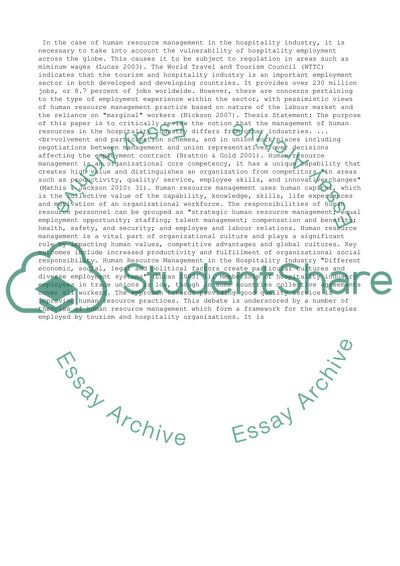Cite this document
(“HR Management Essay Example | Topics and Well Written Essays - 1750 words”, n.d.)
HR Management Essay Example | Topics and Well Written Essays - 1750 words. Retrieved from https://studentshare.org/management/1435188-critically-review-the-notion-that-the-management
HR Management Essay Example | Topics and Well Written Essays - 1750 words. Retrieved from https://studentshare.org/management/1435188-critically-review-the-notion-that-the-management
(HR Management Essay Example | Topics and Well Written Essays - 1750 Words)
HR Management Essay Example | Topics and Well Written Essays - 1750 Words. https://studentshare.org/management/1435188-critically-review-the-notion-that-the-management.
HR Management Essay Example | Topics and Well Written Essays - 1750 Words. https://studentshare.org/management/1435188-critically-review-the-notion-that-the-management.
“HR Management Essay Example | Topics and Well Written Essays - 1750 Words”, n.d. https://studentshare.org/management/1435188-critically-review-the-notion-that-the-management.


